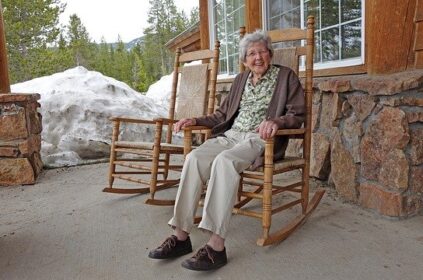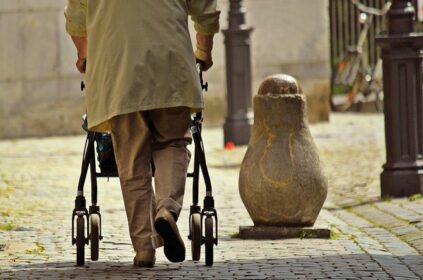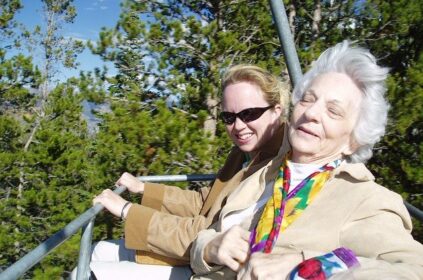It’s very easy to get confused about elder care solutions when it’s time to move the person you love into a different setting. You need something that can provide the level of security and care they need as they age. You also need to make the transition in a way that is easy for the care receiver to accept.
Many people have a false belief that letting go of their “home turf” is the equivalent of throwing in the towel and inviting death to their door. Nothing can be further from the truth. Elder care solutions are all about enriching their life, keeping them safe, and allowing them the best care possible.
The easiest way to decide on the type of home is to understand the elder care solutions that each provide.
Residential Care Facilities for the Elderly (RCFE)
These are often referred to as Board-and-Care homes since they are single family homes in residential neighborhoods. From curbside, they have a very non-institutional feel which is why many choose elder care solutions with this type of home. Beyond the doors; however, is a level of assistance that could be just what your loved one needs.
Typically there are between 4-6 elderly people in the home with 1 of more live-in caregivers. Caregivers are available around the clock but you may be charged more if services are required beyond what is provided in a typical 8-hour block of time. For example, if there is extra care required in the middle of the night.
Rooms and bathrooms may be private or shared and the care receivers can often bring their own decorations to make their new home feel like “home.”
The monthly fee includes all meals, laundry, cleaning, some activities and utility coverage such as cable, telephone and internet.
The level of care may vary from facility to facility so be sure to confirm that the services offered are what’s needed. Typically, it will include daily care assistance and supervision of medication. The caregivers can monitor the residents and make note of any changes in health or functions so the family and their doctors are aware.
Assisted Living Facilities
These are typically larger communities and provide elder care solutions for those requiring some or very little supervision and assistance with daily tasks. This setting is often best for active, social, independent seniors who like being a part of a community but just need a little additional help with daily tasks.
There are private apartments or private rooms and some services may be available for a fee such as laundry, meals, cleaning, and assistance with personal care. Fees are typically paid for out of pocket but may be part of a long-term insurance plan.
Nursing Homes
A nursing home may be the solution if a major medical event just occurred. This could be a fall, stroke, or other medical emergency. Nursing homes are often large, may be connected to a hospital, and provide 24-hour skilled nursing care and medical treatment.
It’s common for a person to require this kind of setting for a period of time; however, once they are recovered they can be discharged to another living environment such as a RCFE or assisted living home.
A stay in a nursing home may be covered by insurance. There is not a lot of privacy, but meals, rehabilitation services, daily care, laundry, and general amenities are included in the price.
OK, I Know the Elder Care Solutions…Now What?
Based on the needs of the care receiver, begin to check out facilities. You can get recommendations from their doctor, social services, religious affiliations, or hospital. Be sure to keep the elderly person and close family in the loop as you seek out elder care solutions. Then, visit the facilities to get a feel for the best one for your situation.







